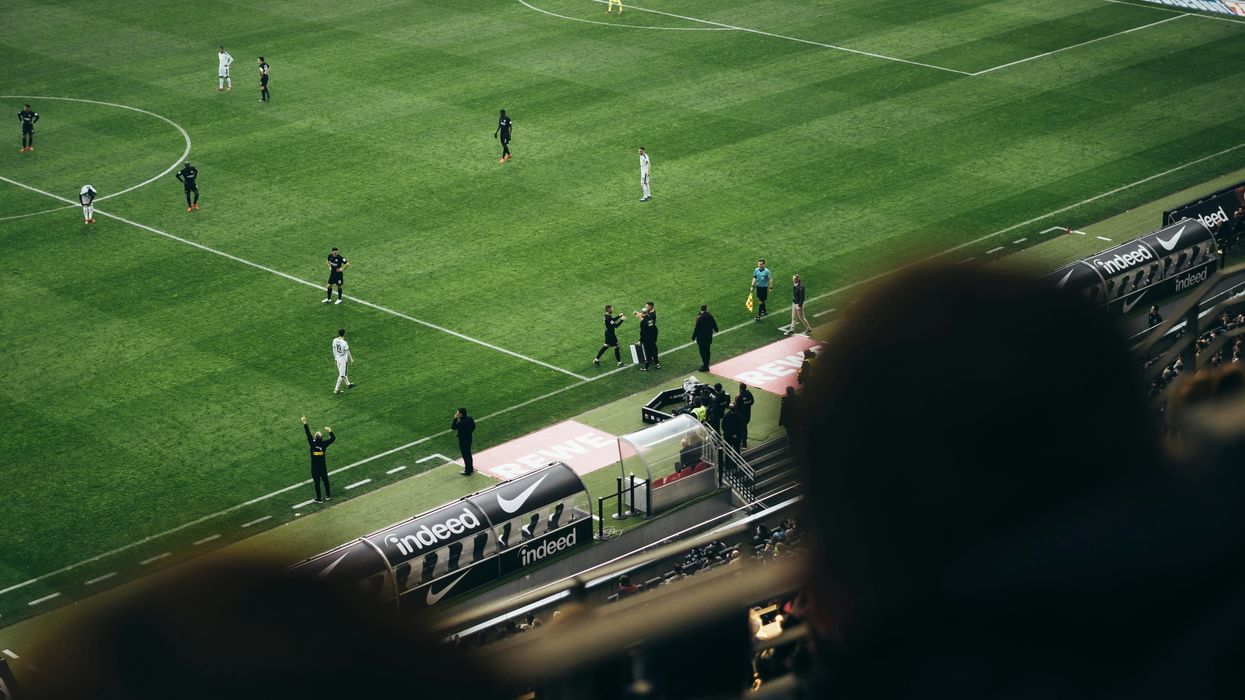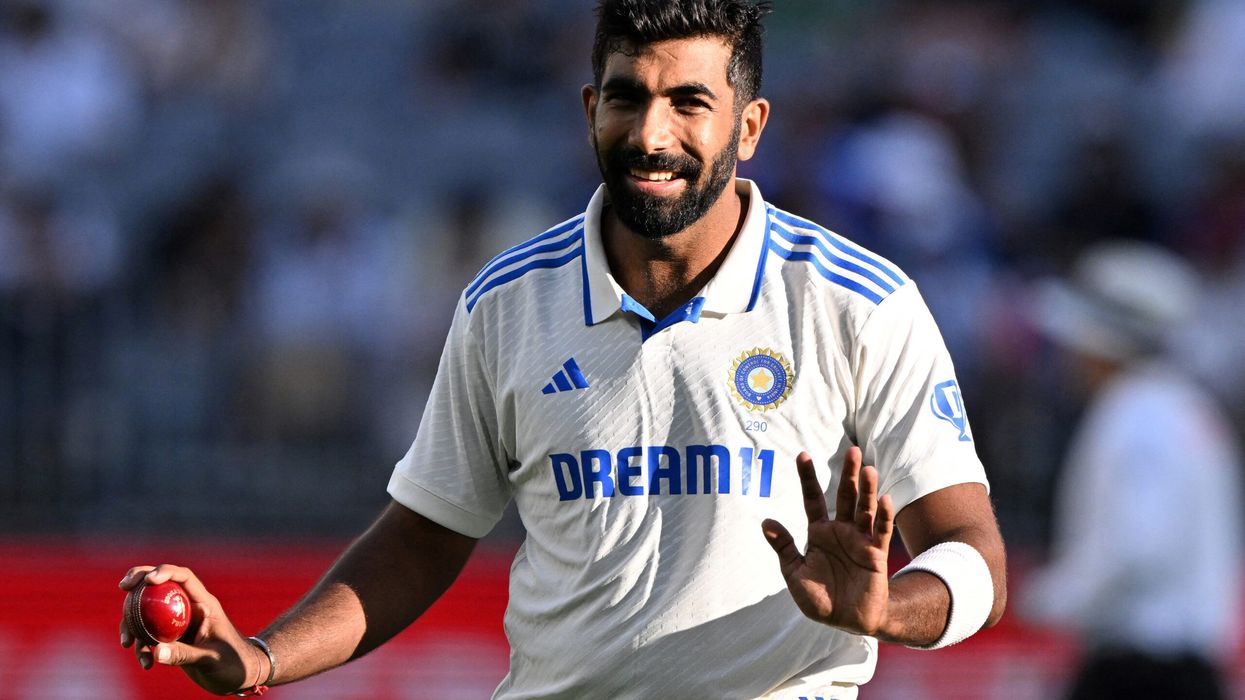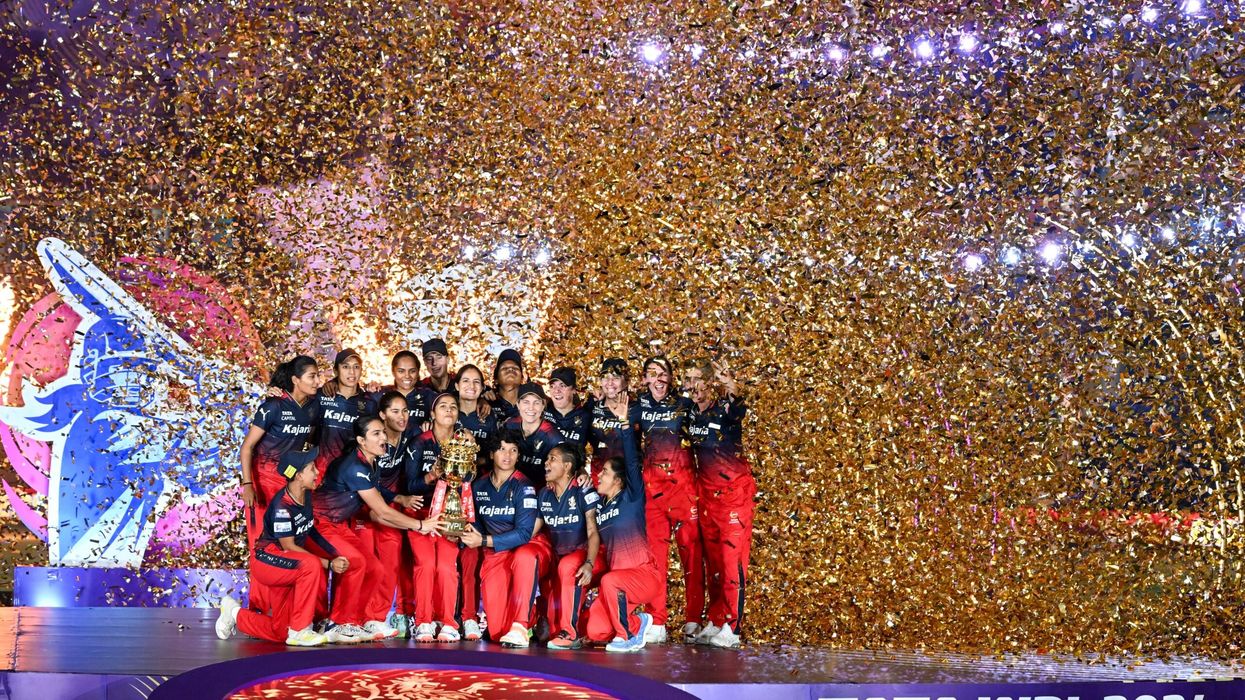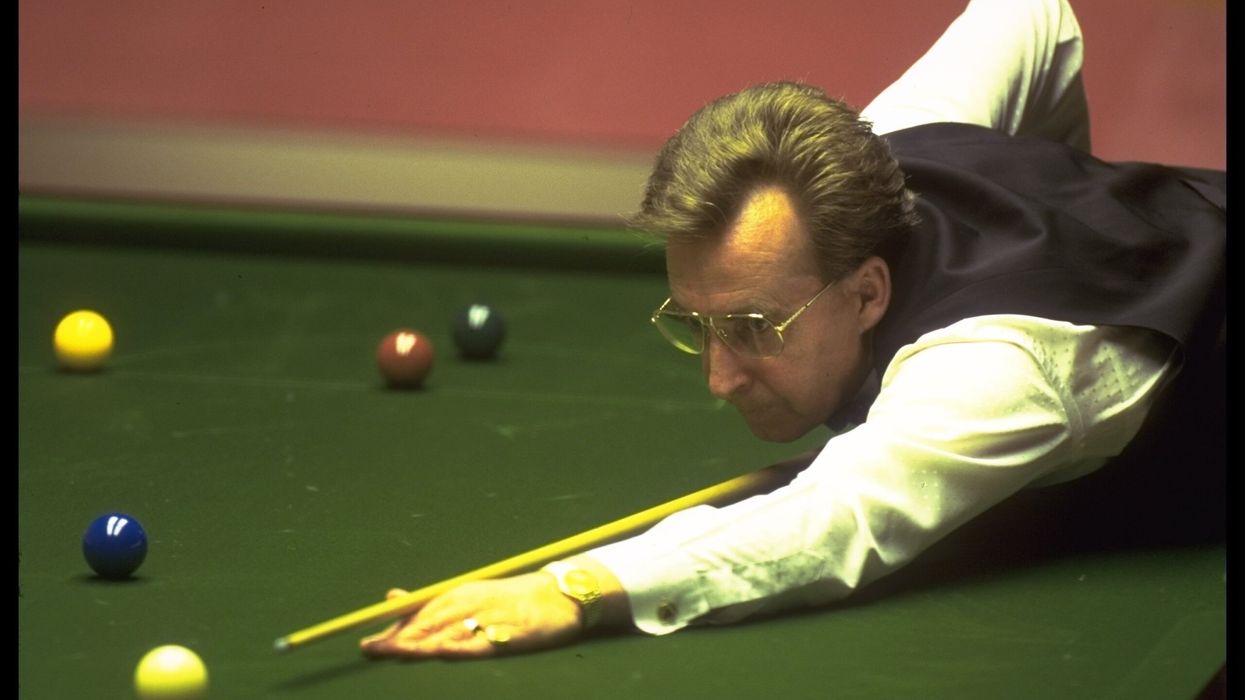There is obviously another World Cup going on at the moment, but it will not be long before the world’s sporting attention turns to the Middle East’s first football World Cup. This is EasternEye’s comprehensive guide to everything you need to know about the forthcoming competition.
Who will win?
We will start with the million-dollar question. In fact, the World Cup 2022 odds have remained relatively steady for over a year, with Brazil, France, England and Argentina being the four teams that everyone, bookmakers included, fancy. France are going into the tournament as reigning champions, but that has tended to be a burden rather than an advantage.
Only once in the last five tournaments have the defending champions even managed to get out of the group stages. No one has won back-to-back tournaments since 1962. Brazil and Argentina are both on incredible undefeated runs, but Brazil haven’t lifted the trophy since 2002 and Argentina are winning matches without really looking like world beaters. England appear to have lost the momentum that took them to the semi-finals in Russia and the final in Euro 2020. Other teams who stand a chance are Spain, The Netherlands, Germany and Belgium.
When does the tournament take place?
The first match, between Qatar and Ecuador, kicks off on Sunday the 20th of November. Due to the compressed nature of the tournament (it takes place over a month) the games are scheduled to take place throughout the day, every day until the round of 16 games, which take place between the 3rd and 6th of December. The quarter-finals are on the 9th and 10th, the semis on the 13th and 14th, the third/fourth play-off is on Saturday the 17th, with the final on Sunday the 18th of December.
Where are the games being played?
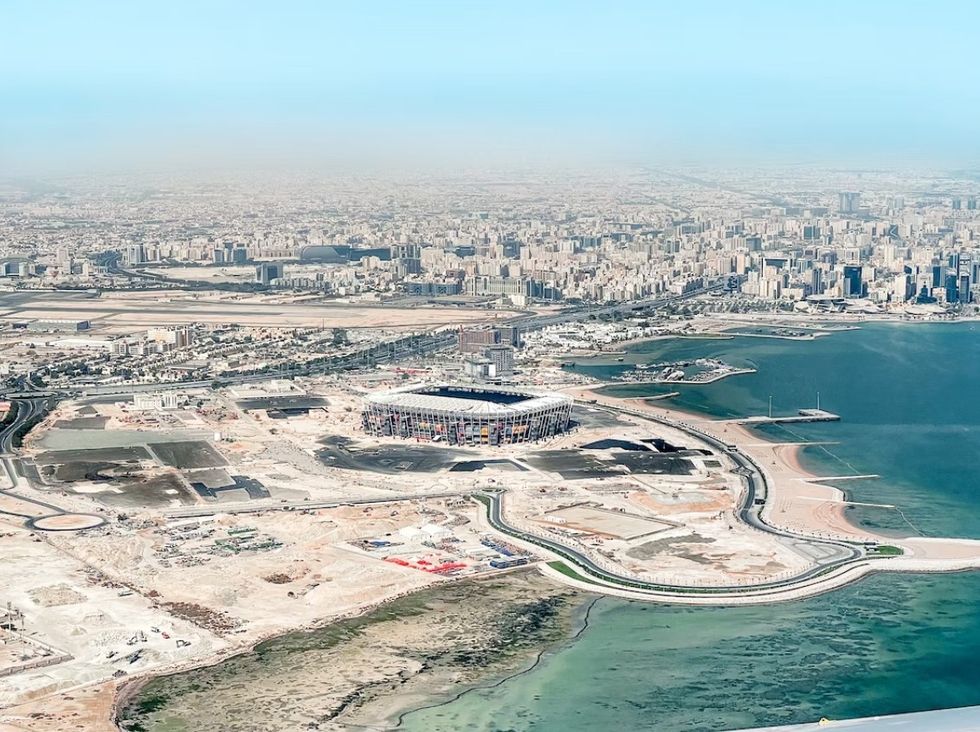
Caption: It has been an immense building project
Eight purpose-built stadiums have been built for this World Cup, and all of them are within a relatively short distance of each other, another departure from the normal state of affairs where teams are based sometimes hundreds of miles from each other. Those stadiums are:
Al Bayt Stadium: the most northerly located venue. It has a capacity of 60,000 and hosts eight matches, including the opening game, a quarter-final and a semi-final.
Khalifa International Stadium: Originally built in 1976, this 40,000-seater arena plays host to seven games including the third/fourth play-off.
Al Thumama Stadium: this 40,000-capacity arena will see seven World Cup matches including a quarter-final.
Ahmad Bin Ali Stadium: a 40,000-seat stadium that will host six matches.
Lusail Stadium: Like the Al Bayt Stadium, this 80,000-seat arena is located north of Doha, and will host eight games at the tournament including a semi-final, quarter-final and the final itself.
Ras Abu Aboud Stadium (Stadium 974): 40,000-capacity stadium in Doha that will see six matches played there.
Education City Stadium: a 40,000-seat stadium that will host seven matches including a quarter-final.
Al Janoub Stadium: Another 40,000-seat stadium, this one will host six matches at the tournament.
Why was it controversial?
The political and human rights issues aside, the awarding of this World Cup was a hugely controversial decision and not just in the manner the vote was won. It is a World Cup that will take place in a country with little or no football heritage, or indeed infrastructure. The heat in Qatar could not only be detrimental to the quality of the games, but could even be a danger to the players. In an attempt to offset that, the tournament has been moved to the Northern Hemisphere’s winter, something that has never happened before, and has meant the halting of the major European leagues for over a month.

